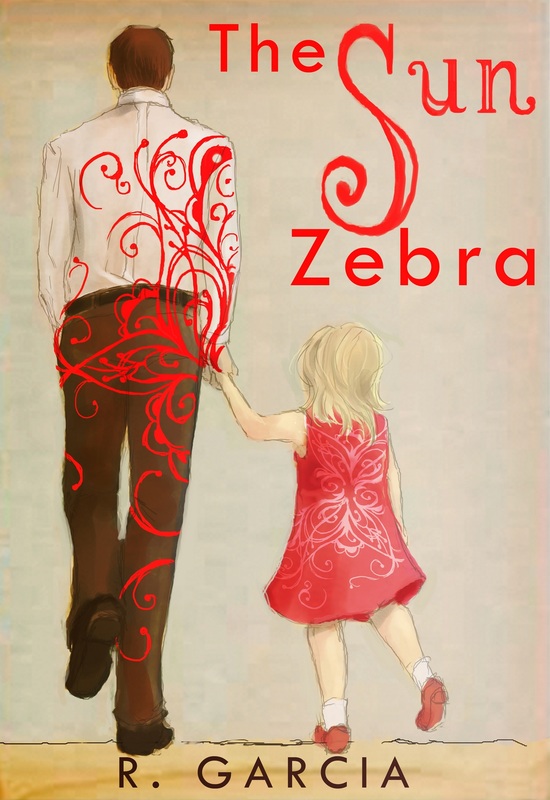And there is a reason for this that is grounded in the very way our brains recognize words, which is based more on patterns and context than in the individual sequence of letters in the words. To see what I am talking about read the following paragraph of garbled words.
The Sun Zbera is a coclletion of stroies aobut the advtneures in liivng of an uunsual litlte gril naemd Nlel, her moethr, Ronhda, and Nlel's ftaher who is the narrtaor of the stroies. The storeis dael wtih how the wrlod of audlts and its hrad reialites intsreects wtih the magacil caererfe wolrd of chdilren.
To quickly recognize a word the brain requires only that the first or last letters (or couple of letters) be the same along with, a resemblance of the garbled world to the original one. This is why the average reader often doesn’t notice a few typos or spelling mistakes while reading a page turner of a story.
But this natural wiring of the brain can be overridden. Editors and others with many years of training in spotting errors in the grammar and other aspects of stories can often train their brain to automatically detect these imperfections. If you are a writer, having your brain “trained” this way can be a blessing but it can also be a curse. Before I explain this let me state that I applaud the labor of editors and I am all for improving our writing. In fact I feel mortified when a reader points out a mistake that I overlooked. In this aspect I am a perfectionist. But even while I learn more about writing English, I willfully try to avoid developing this “analytical” mind for the writing craft. Why?
Many self-published books on Amazon that have numerous five star reviews also have, as one would expect, a few one star reviews. When I check these one star reviews I invariably find some people that complain about the bad quality of the writing and bemoan the English illiteracy of those that give the books glowing reviews. I once read a one star review by someone who complained about finding five typos on a 500 page novel!
This is the danger. When you override the natural wiring of your brain and turn it into an error spotting machine you may find yourself in a situation where the majority of the books written by your fellow human beings will not satisfy you. The smallest imperfection will cheat you out of the enjoyment of the story. The life-changing narratives that razzle and dazzle everyone else will turn into your slush pile, and you will spend the rest of your days grumbling about the "trash" people like to read.
Very bad writing can spoil a story; we all agree on that. But the point of writing is not achieving perfect grammar, writing structure, and so forth. The epicenter of writing is the story, the adventure and beauty it represents and the effects it has on us. Our brains are wired to “extract” these items from the narrative for our pleasure and personal enrichment. Do not tamper with this process by setting the bar so high that you effectively kill your chance to enjoy the story.
***
If you like this blog you can have links to each week's posts delivered to your e-mail address. Please click here.




 RSS Feed
RSS Feed



